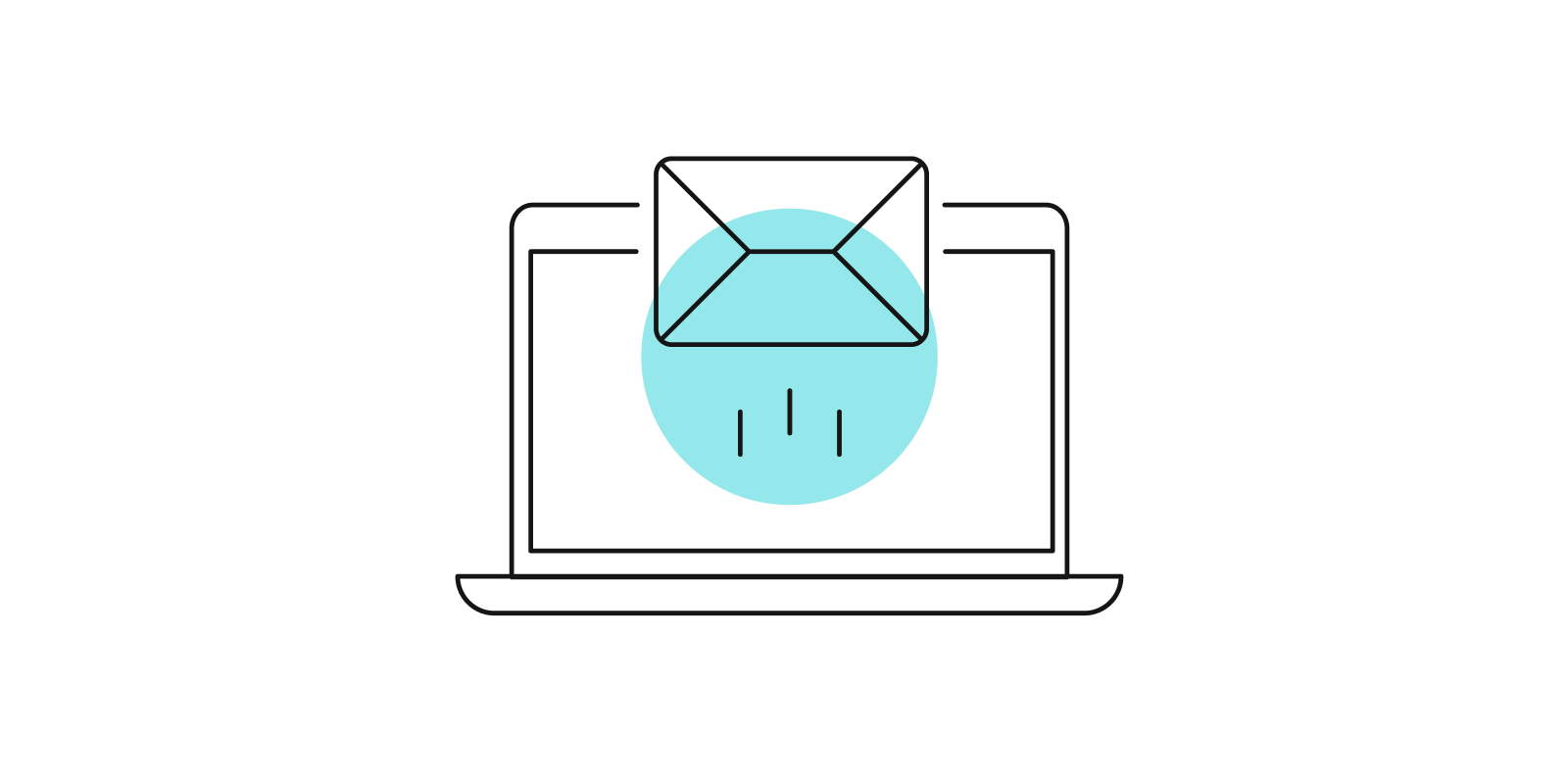Neuroscience and my classroom: Can it really help?

Wonder if you are the only instructor trying to figure out what might help your students learn? Wading through emails and articles and questioning what really works? Could you use a cup of coffee right now, and a chat with another instructor? Grab a cup….and read on.
Today’s educator is bombarded with a lot of information. With the advent of the internet, information is literally at your fingertips all the time. Some might think that makes it easier to learn about the latest research and techniques, but in many ways we educators know it’s harder and more overwhelming. It’s time consuming to weed through “propaganda,” false news, misinterpreted data, ads, and more to determine what really works. We’ve all had those moments where we read something or heard someone speak and thought to ourselves, “That person has never been in the classroom with real students,” or “She has no idea about little students are engaged,” or “His students are not like mine.”
You can find many articles about Generation X, Y, Z students, or the i-Generation, or whatever you want to name them. You’ll also find common themes; today’s students have short attention spans. They are very used to technology and often have little or no interest in investing a lot of effort into learning. They are motivated by a “gaming” approach to learning. They often have poor study skills. And so on. Add that to the proven untrue theory of learning styles, and today’s educator is left wondering…what on earth am I supposed to do?! How do I find the balance, or is there no way to achieve a Goldilocks state in my classroom? Does anything work?
The answer is a resounding YES!
Want an easy-to-read resource chuck full of ideas? Try Make it Stick: The Science of Successful Learning. What’s really nice with this small text is each chapter is a stand-alone and you can read in small chunks about things such as interleaving, spacing, retrieval tools, and more. You can also check out the CIRCLE website, or the Center for Integrative Research in Cognition, Learning, and Education.
Did you ever wander into a room and then ask yourself why you’re there? Try to remember where you filed something in your Google Drive? Attempted to recall what someone mentioned at a meeting last week? Any time we engage in activities like that, we’re doing the same thing our students are doing when they try to recall what you taught as they complete an assignment. Retrieval practice is a learning strategy where we focus on getting information out. It’s even more powerful when combined with additional research-based strategies including spacing, interleaving, and feedback-driven metacognition. One of the most powerful tools in learning is effective retrieval, and there’s an entire website devoted to research on it. You can subscribe to get updates and new studies sent right to your inbox.
You can also get quick infographics to summarize these topics for yourself and students, as well as blogs for you and students, on a site hosted by Learning Scientists. Curious about the latest information about note-taking or wondering if naps can help you focus better? Do you think learning styles really make a difference? (Hint, we already mentioned they don’t; but how do you respond to those who think they do?) There are some great blogs about all sorts of topics…and they are supported by research not just a popular idea.
What about Bloom’s Taxonomy? How does that tie in with retrieval practice? Dr. Pooja Agarwal examined whether retrieval practice could do more than just support the acquisition of factual information. She wanted to test the assumption that students should first focus on the lower levels of the taxonomy before higher-order thinking can be accomplished. Dr. Agarwal directly compared retrieval practice with the use of lower vs. higher-order thinking to determine if that was the case. What do you think happened? You can probably guess by the fact that retrieval practice is so powerful. Read more here.
Are you also a bit of a research junkie? You might want to check out this book; I’m partway through Powerful Teaching and keep finding all sorts of gold nuggets in there. In theory, I’m using it to augment planning a training for later this year and using info from the book but must admit I find myself reading and then doing additional research just to learn more. I love learning about cognitive science and psychology. The best part is, this book shows us how to use it. We can learn how to filter what works and what doesn’t.
Hmm, I think it’s time to refill the cup and dig in….let’s talk again soon!
About the author

Diane Hollister
Diane Hollister has been teaching college courses since 1992. In June 2015, she resigned from her full-time position at Reading Area Community College in Reading, Pennsylvania, where all the math courses have undergone some level of redesign. She still teaches online there and now is part of Pearson’s Efficacy team, helping instructors to implement programs and strategies that bolster student success.
She is intrigued by neurobiological research and learning theory, and she was quick to adopt adaptive learning as a new tool in her courses. Not only does she strive to help her students succeed, but Diane enjoys the collaboration with her peers. She has taught a variety of courses and loves learning how new technology and resources can help students be more successful.
